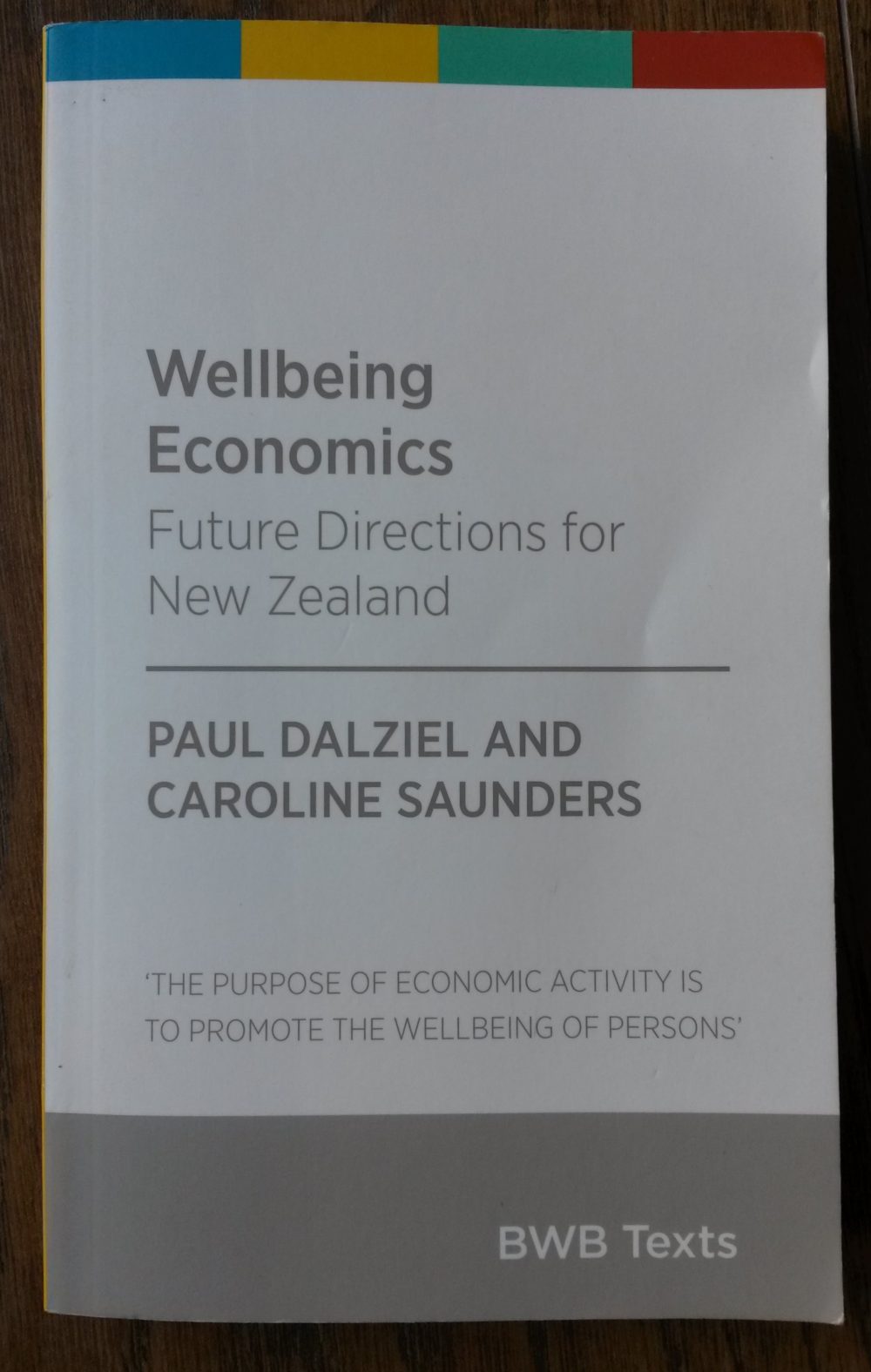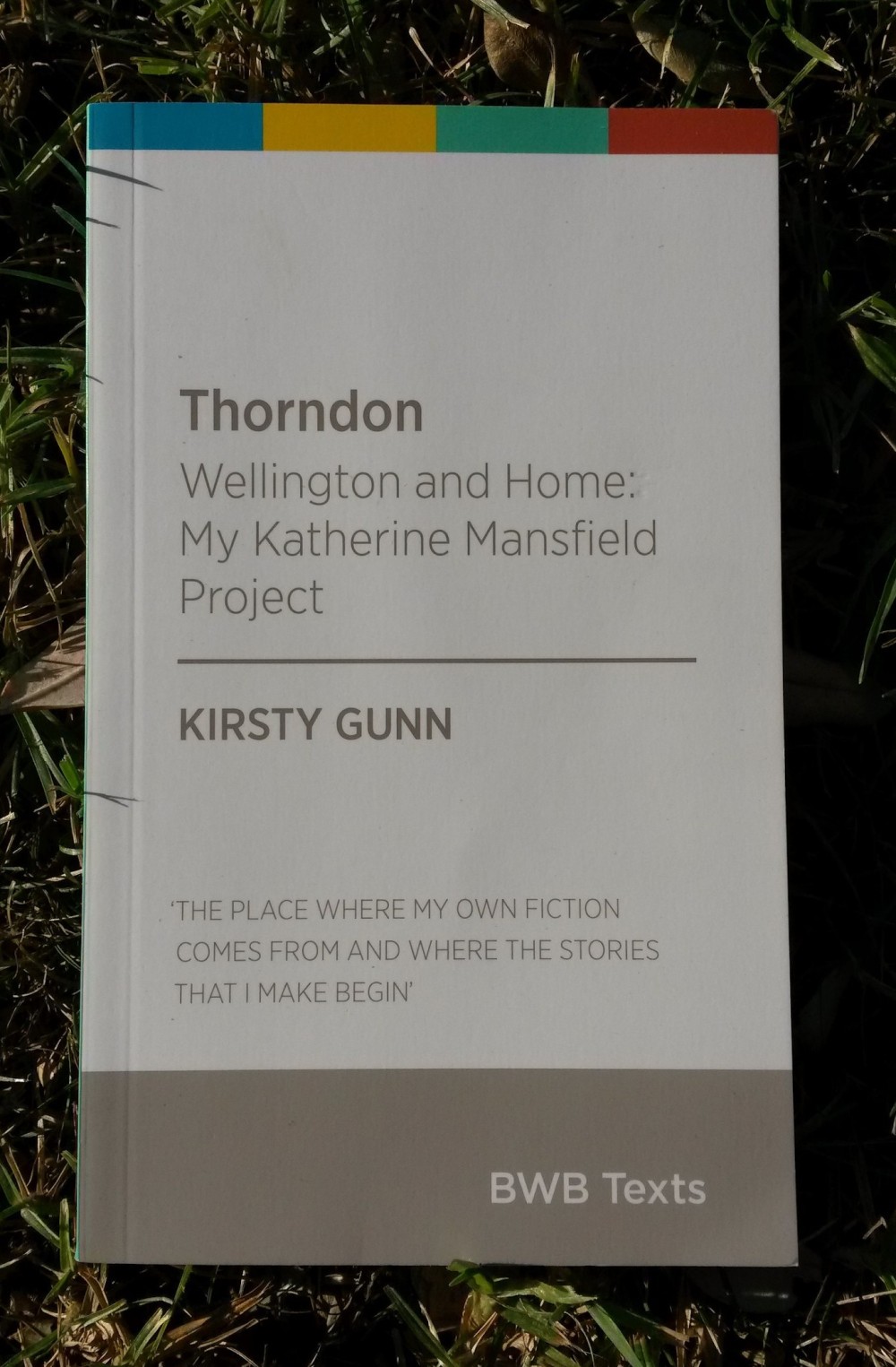 This short but thought-provoking book describes a way that New Zealand’s economy could be reorganised to focus on the wellbeing of all its citizens, defined as
This short but thought-provoking book describes a way that New Zealand’s economy could be reorganised to focus on the wellbeing of all its citizens, defined as
The ability to lead the kinds of lives that they value and have reason to value.
There’s a lot of NZ-specific information, but the ideas are universally applicable. The approach is a bit different from the ideas put forth by the usual suspects across the political spectrum. Paul Dalziel and Caroline Saunders believe a market economy is essential, but recognise that it must be managed to allow the markets to deliver their maximum benefit. Even the most free markets are still heavily regulated, most obviously by contract and property law, and this helps us see that regulation is not antithetical to free markets — it is essential.
As for the Big Government versus Small Government debate, Dalziel and Saunders argue that government should be big enough. Government’s job is to do the things that citizens cannot do individually or collectively, and to help them add value to the things they choose to do. But the onus is on citizens to initiate this process and to use this support for their own individual and communal wellbeing. This is a shift from the old welfare state to what Dalziel and Saunders call the wellbeing state.
 A meditation on belonging, place, family and more. Kirsty Gunn did what Katherine Mansfield never did: she returned from the UK to live for a time in her home town of Wellington, New Zealand. She stayed in a cottage in Thorndon, the suburb where Mansfield grew up, on a scholarship to work on her “Katherine Mansfield project”. This book is the result.
A meditation on belonging, place, family and more. Kirsty Gunn did what Katherine Mansfield never did: she returned from the UK to live for a time in her home town of Wellington, New Zealand. She stayed in a cottage in Thorndon, the suburb where Mansfield grew up, on a scholarship to work on her “Katherine Mansfield project”. This book is the result.